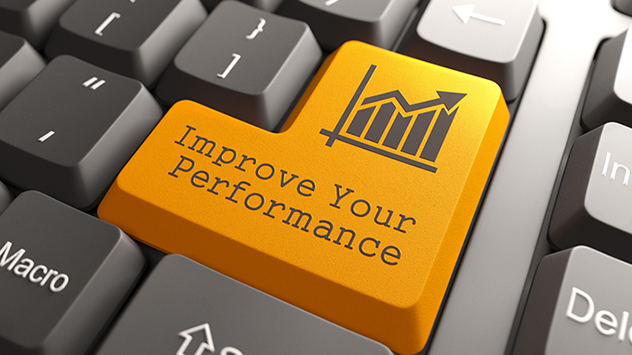We are often under the impression that the performance of our computer would eventually degrade with age. However, we should dispel this myth by considering one simple fact that our computers are based on digital, solid-state technology. Unlike mechanical things, age doesn’t affect the performance of these electronics components. Slowdowns could actually be caused by improper uses and lack of regular maintenance sessions.
Computer processors, motherboard, RAM and power supply are based on solid-state components, which are plugged or soldered into specific spots. They don’t slow down after extended uses, but would simply be disabled permanently if there are power surges or short circuits. Computers will have reduced longevity if they are placed in more extreme locations, such as places with high temperature, high humidity or seawater vapor.
Data storage is actually the biggest culprit and it works like the file cabinet. It would be easy for us to find some files, if it is nearly empty. However, fully loaded file cabinet could cause make it longer and harder to find specific files, especially if they are not properly organized. This also happens to our hard drive. We often store files at random places inside our hard drive, such as mp3 and videos. Then we could remove some or much of these files; causing holes in the data array. When we want to install new software; files won’t be arranged contiguously and they could simply fill these holes, causing random arrangements. Therefore, one common way to optimize our storage is by performing the defragmentation. This will arrange files according to their efficient locations. As a result, computers could read write faster, making our software faster to load and run.
So, it is generally true that computers with large amount of files stored and software installed tend to be slower. The hard drive need to spin longer to find specific files of part of the files. Newer computer with fewer data on it could have their files located closed to the center of platter, making it easier and faster for the hard drive to access needed data, In this case, the head of the hard drive only needs to transverse a fraction of distance needed. As more data is stored the head will need to travel longer, making read and write operation take longer to accomplish.
Application creep is another cause of computer slowdowns and it is because we habitually add new things to our computer. This will cause increased demands on processor and RAM. We may have a bunch shareware and free-trial programs that we used only once and forget later. As an example, people could install Adobe Reader to a PDF file, something that they do very rarely. Unfortunately, the software could run some piece of code in the background once the computer starts. This may be intended to make it faster to open PDF files later, but this hidden function would consume some of our resources. In Windows, we could check the Task Manager to see what threads that run in the background and we will likely more than a few software that run in the background.
